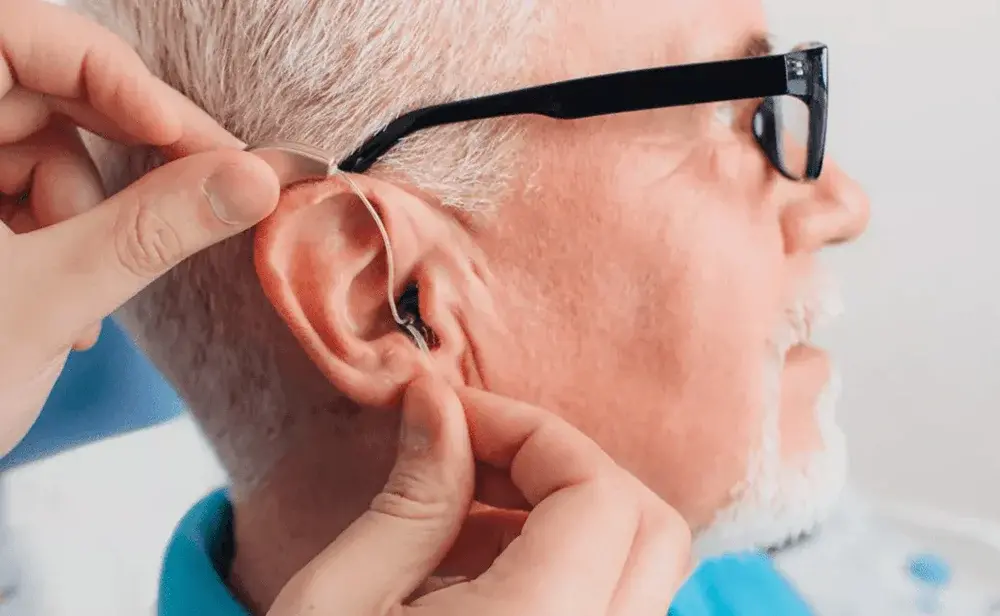
Helping Loved Ones With Hearing Loss
- Lavine LTC Benefits
Categories: Uncategorized
Experts at the American Speech-Language-Hearing Association (ASHA) are offering advice on how to help loved ones who are hard of hearing more fully participate in these celebrations.
More than 48 million Americans have hearing loss. A recent national poll from ASHA and YouGov found that almost half of American adults (46%) say they have a close family member or other loved one who has difficulty hearing.
Untreated hearing loss is associated with quality of life and an increased risk of cognitive decline and dementia, and a host of other serious conditions. Many adults do not seek treatment for years.
This holiday season, family and friends will reconnect after missing holidays together because of COVID.
Some may notice your family or friend having difficulty following the conversation. They may be more withdrawn.
ASHA advises that families do the following to help family members with hearing difficulties:
- Reduce background noise. Noise from the television or radio can make it more challenging to hear.
- Take turns when speaking. It is challenging to follow the conversation when multiple people are speaking at once. Encourage everyone to adopt this practice.
- Speak clearly, but don’t shout. Louder isn’t necessarily clearer.
- Face your loved one directly as you speak. Don’t turn your back on your conversation partner or shout from another room. People need to see your lips and facial expressions to understand what you’re saying.
- Use good lighting. A dim room will limit the visual cues (e.g., mouth movements).
- Be patient. Try not to become annoyed if you must repeat what you say. If someone doesn’t understand you the first time, rephrase what you said. Don’t give up on communicating.
- Seat guests strategically. Arrange the eating table with conversation in mind. Seat the person with hearing difficulty next to someone who will help keep them involved.
- Understand the impact of masks. Although masks are an essential protective measure against COVID-19, they can dampen sound and make communication more difficult.
- Learn the signs of hearing loss. These include raising the TV volume beyond what’s comfortable for others, requiring speech to be repeated, or seeming irritable or withdrawn.
- Encourage your loved one to seek help. Many people underestimate their level of hearing trouble. They might not think their hearing is a problem. Let them know you’re concerned treatment will improve their lives.
